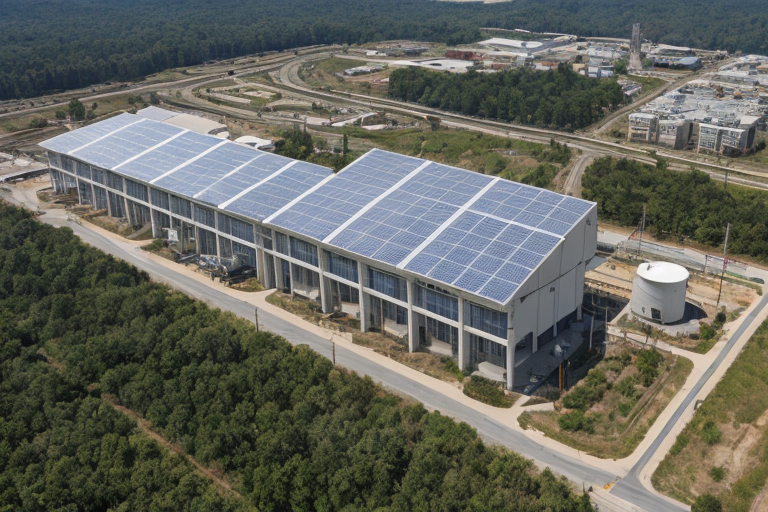Georgia’s economic growth, driven by advanced manufacturing, cloud computing, and artificial intelligence, has resulted in increased demand for electricity. This demand is projected to expand by 4.7% annually over the next five years, according to a review of federal filings by the consulting firm Grid Strategies. However, this growth comes with a side effect: Power is a big source of tension due to the need for projects to break ground fast and the clean-energy goals of companies and governments. Georgia Power, the main utility in the state, has boosted its demand projections sixteen-fold and is pushing ahead on a hotly contested plan to burn more natural gas. This plan has been opposed by renewable-energy-minded organizations as divergent as local municipalities, the Sierra Club, and the Pentagon. Companies like Aurubis, a German metals giant building a recycling plant in the outskirts of Augusta, prioritize affordable, reliable, and sustainable sources of energy. Many businesses are members of the Clean Energy Buyers Association, which is pushing utilities, including Georgia Power, to go green. Some analysts believe that the traditional energy playbook used in the state is not working for all, and communities like suburban Atlanta’s DeKalb County have lobbied regulators for more aggressive oversight of the investor-owned utility. Despite the challenges, companies continue to rush to Georgia, with firms like Google, Microsoft, and Amazon Web Services buying land in the state and evaluating possible server-farm locations. Some of these setups have been confined to nonprofit electricity cooperatives that tend to serve rural areas, but as companies exert more pressure on regulators and developers strike deals with independent power producers, this could change. The Clean Energy Buyers Association believes that traditionally regulated power markets sometimes give firms fewer opportunities to shop around for wholesale electricity, and some analysts believe that this could change as companies exert more pressure on regulators and developers strike deals with independent power producers. Priya Barua, senior director of market and policy innovation at the Clean Energy Buyers Association, said that these developments “more limited in how they can get clean energy.” Some companies are also members of the Clean Energy Buyers Association, which is pushing utilities, including Georgia Power, to go green. These setups have been confined to nonprofit electricity cooperatives that tend to serve rural areas. However, as companies exert more pressure on regulators and developers strike deals with independent power producers, this could change, said Barua. As part of Georgia Power’s recent planning update, the utility said it would work with trade groups like the Clean Energy Buyers Association to explore how they might build or contract their own clean-energy projects in the future.

Georgia’s Booming Economy and Increasing Demand for Electricity: Navigating Tension between Affordability, Reliability, and Clean Energy Goals
•
Recent Posts
Advertisement
Advertisement example


Leave a Reply